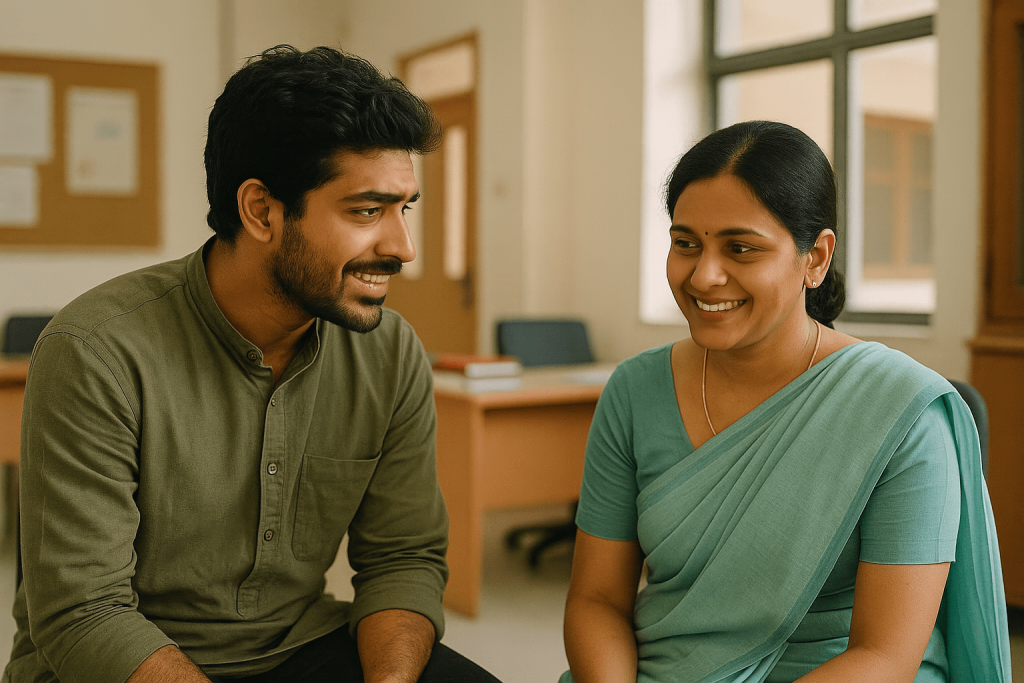Jim Carrey once said, “I wish everyone could get rich and famous and everything they ever dreamed of so they can see that’s not the answer.”
In today’s era, an individual’s identity is not defined by what one does, but by what they own. We end up buying materialistic things to fill a void within us – and continue to do so until the hunger is completely satiated. But, is this hunger really filled up? Are we ever satisfied with what we have? The answer to this is no, since there is a constant need to feel whole, content and superior. Increasingly, materialistic possessions are often used inter-changeably with happiness, merriment and self-sufficiency.
A global research done in the US found out that spending $75,000 a year on material well-being meant greater psychological well-being. But planning past the rough threshold, money doesn’t buy happiness. You can have more money but you are not happier.
Take fashion for example – our closet is full of a wide range of clothes (which change from season to season), an equally wide range of shoes, of accessories and so on. But, do these add value to our lives? Are they truly making us happy?
I fondly remember my grandmother. A simple, contented woman, she used to buy a pair of clothes for two seasons of the year, but things have changed now. Every 57 seconds is equivalent to one year in my grandmother’s time. Advertising and marketing agencies are positioning us in the ‘status system’. In this era of fast fashion, they always want us to feel out of trend. Slashed prices, discounts, reward points create a dopamine effect and you end up purchasing every month. In the concept of fashion, “You don’t sell your old stuff because they are no longer useful. You sell them because they no longer add a social value to your life.”
There’s another side to this story – is our constant mindless consumption causing the degradation of natural habitats around us? Do we question ourselves whether we are paying the true cost of labour, or the environment, we are helping deteriorate?
So, here’s an idea- what about having a minimum consumption? Imagine a life unencumbered by the trappings of the chaotic world around you. What you are imagining is an intentional life – it’s not a perfect or an easy life, but it’s a simple one. You don’t need a palace to live like a king. You just need true happiness to increase life’s grandeur.
As humans, I think we are confused about what makes us happy. So, when I talk about consumption, I am not talking about taking things away. I am not saying that it is wrong to indulge in things. Rather, I am compelling you to question whether all this is making our lives or our environment any better.




